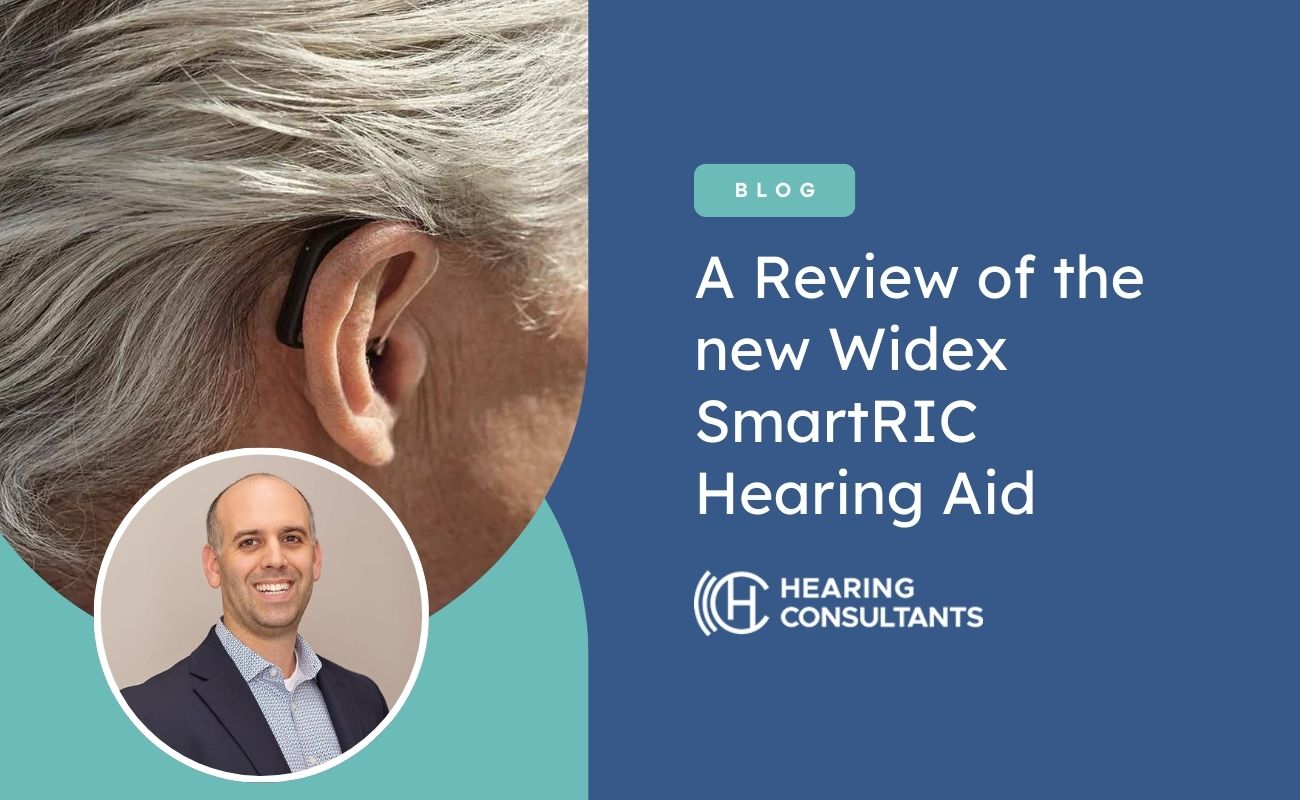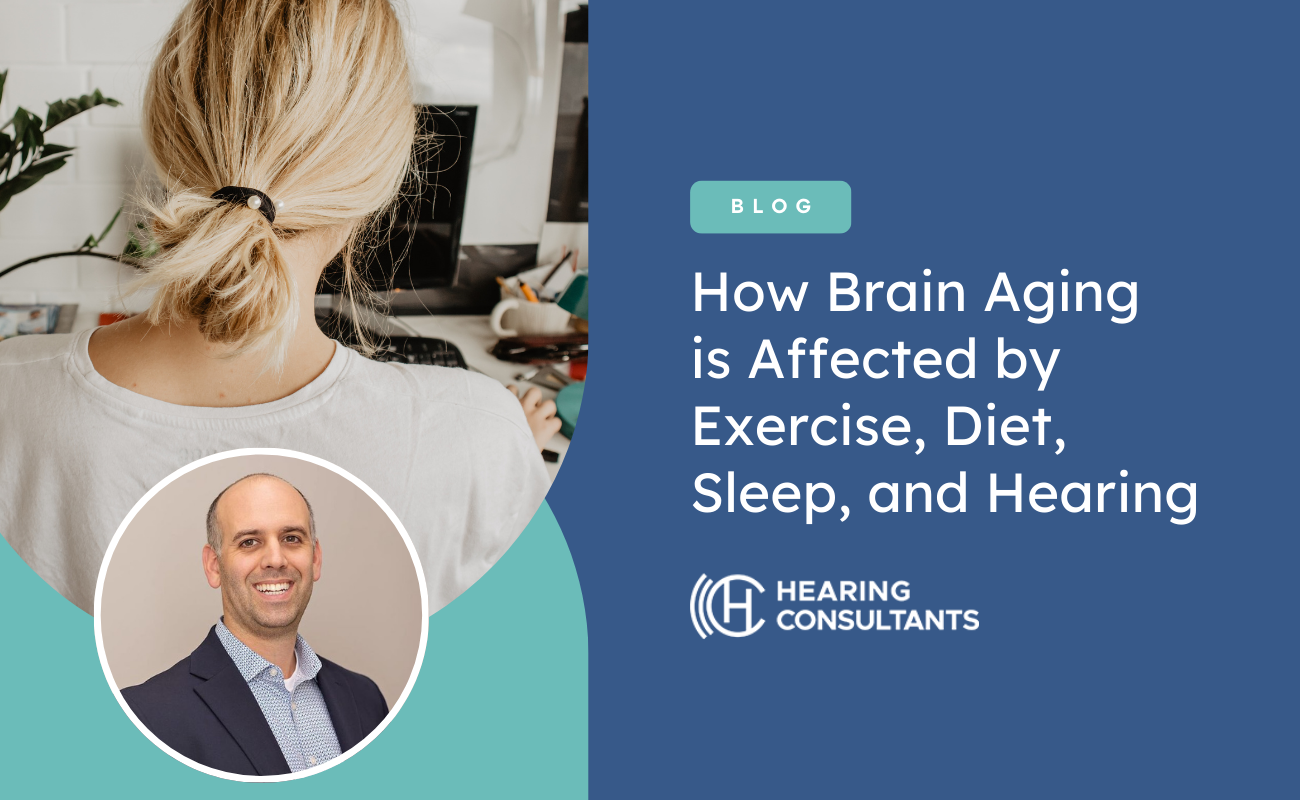Sounds That Could Harm Your Hearing

We most often think of age-related hearing loss as part of the natural aging process when we consider hearing loss. But external factors can negatively impact our ability to hear, too. As the world around us gets increasingly louder, it is up to us to monitor the sound environments we find ourselves in. And it goes beyond us, too. The younger generation that is constantly plugged into listening devices by earbuds needs good, careful behavior modeled for them. The dangerous sounds we subject our ears to are found in daily activities and special events. One of the most common places a person is faced with noise-induced hearing loss can be in the workplace. Knowing more about noise-induced hearing loss and dangerous sounds can protect and preserve your healthy hearing for years to come.
Noise-induced hearing loss
Hearing loss can occur whenever someone is exposed to dangerously loud sounds. This type of hearing loss is referred to as noise-induced hearing loss. Based upon a 2010 study by the Centers for Disease Control and Prevention (CDC), it is assumed that somewhere between 10 and 40 million adults under age 70 in the United States show signs of hearing loss due to exposure to loud noise. It can happen in one traumatic incident, like an explosion or accident. Noise-induced hearing loss can also occur gradually when someone is repeatedly exposed to too loud sounds for an extended period.
Unfortunately, noise-induced hearing loss is irreversible. After enough exposure to too loud sounds, the ability to hear high-frequency sounds is diminished. Soon, voices in conversation will seem distorted or muffled. As conversation and verbal interaction become more challenging, people with hearing loss may begin to avoid socialization. This can damage relationships with our loved ones and lead to feelings of loneliness, isolation, and depression.
What are some common sources of dangerous noise?
The human ear was designed for a much less volume than we treat it to these days. We classify sounds that register over 85 decibels as too loud. At this level, they can damage the sensitive and fragile cells of the inner ear, which are so crucial to our hearing because they collect the valuable information that is then transmitted to our brains. It might surprise you to see how many everyday sounds are considered dangerous:
- Hairdryer - 80 to 100+ decibels
- Lawnmower - 90+ decibels
- Power Tools - 100+ decibels
- Motorbikes and Motorcycles - 80-100 decibels
- Ambulance Siren - 110-120 decibels
- Noisy Restaurant - 80+ decibels
That's not to say that you should never blow-dry your hair again or refuse to mow your lawn! It just means that precautions to protect hearing should also be taken. There are also several special events we might consider perfectly harmless that carry some degree of dangerous noise. The average rock concert checks in at about 120 decibels. A fireworks display is around 150-175 decibels. And that season ticket seat for your local sports team? It could potentially harm your hearing, too.
How can you tell if your hearing has been harmed?
When deciding whether the sounds you've heard are dangerously loud, you should ask yourself three questions:
- Is there a ringing in your ears during or after the event?
- Is it necessary to yell to communicate with a buddy within arm's reach?
- Have you had any temporary hearing loss since you left the event?
If you answered yes to any of the following questions, you've been in a circumstance that put your hearing health in danger.
Protect yourself from harm
Don't let the noise of a hobby, chore, or beloved activity make you steer clear. Instead, be mindful of how long your exposure lasts and what your ears feel like, and take the time to give your ears a break if you feel any hint of pain or deafness in the area. You could also consider investing in some protection. Earmuffs or noise-reducing headphones are a great way to add a layer between your ears and the too-loud sounds. Another option is custom-made earplugs. These are great to have for any too loud scenario in your future, and they can seriously reduce the sound levels that affect your hearing. They might also make an excellent gift for the season ticket holder sports fan in your life.
Come and see us!
Are you concerned about your hearing abilities? Contact us to set up a consultation. We provide comprehensive hearing tests and hearing aid fittings.
Get in touch with
Hearing Consultants
Contact our clinic to schedule an appointment today!







